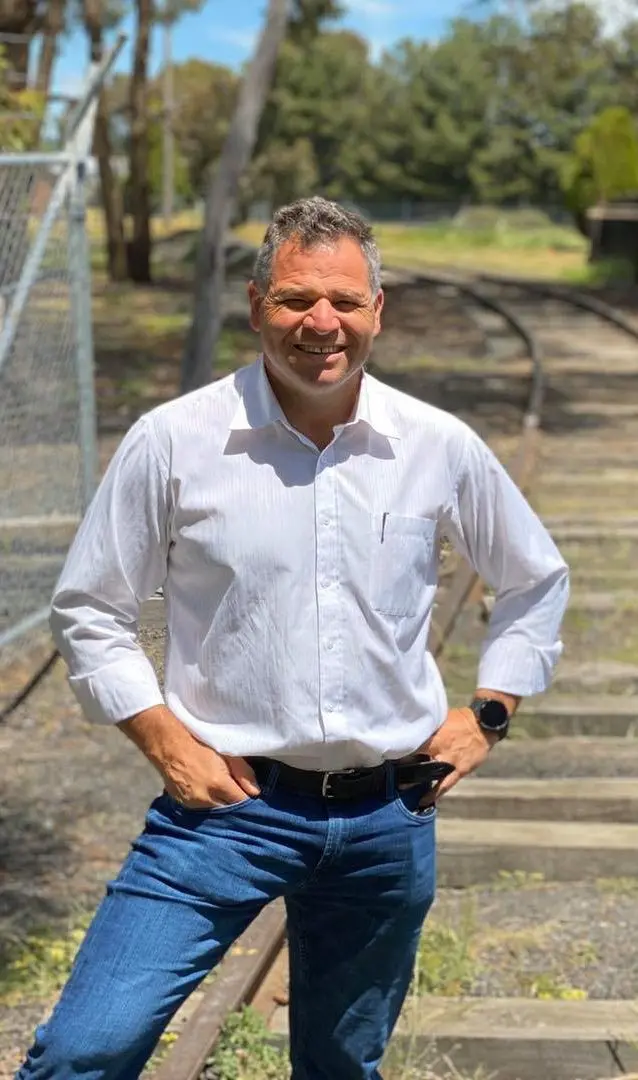PHOTO
Matters of State with Phil Donato MP
BOUNTY CONSIDERED FOR FERAL ANIMAL PEST CONTROL
Recreational hunters are an untapped resource that could contribute heavily to the ongoing campaign to control feral animals.
The existing control methods have proven enormously expensive and have failed to demonstrably reduce the numbers of feral animals, and the damage being sustained to both farm and public land across our state, and therefore failing to mitigate the impact on biosecurity and agricultural productivity.
Last year I proposed to the NSW Government the introduction of a bounty program to be piloted.
Such a scheme would incentivise recreational hunters through payment for certain species of feral animals which are culled.
Bounty schemes have previously been used in several Australian states, including Queensland and Victoria, for feral animal control programs.
While my suggested initiative was not initially supported by the government, I'm encouraged that both Premier Chris Minns MP and the Minister for Agriculture Tara Moriarty have advised they're now considering my initiative.
I'll maintain discussions with Premier Minns and Minister Moriarty, and I look forward to a favourable outcome.
This is a common sense and practical initiative.
BEE CAUSE
Recently I met co-founders of Bee Natural Beekeepers – Varroa Warriors, Shelby Ashelford and Julia Hutabarat.
Bee Natural Beekeepers (BnB) Varroa Warriors was formed in May 2024 out of concern for the current issues faced by all beekeepers since varroa mite has been detected.
Shelby and Julia felt the need to create a platform to bring everyone together, where they were heard and had a voice.
They also felt it was important to explore other options of how to manage varroa rather than the ones that were being presented to us.
This was due to beekeepers having different philosophies and methods of how they care for their bees, and this was not being considered by official policy and requirements.
Shelby’s and Julia’s vision was to create a healthy and nurturing environment for bees to thrive as naturally as possible by educating, supporting and discussing alternative options.
Their Facebook group has grown significantly since it was founded 8 months ago to more than 750 members - which shows the great need that beekeepers are experiencing to connect with others and to learn how to manage this challenging infestation.
They’ve been successful in networking with Australian bee academics and researchers, and internationally recognised bee experts to gain further insights into the varroa mite and to help identify techniques that have worked in other continents.
They’ve got big ideas and I look forward to seeing their progress. Best wishes, Shelby and Julia.





